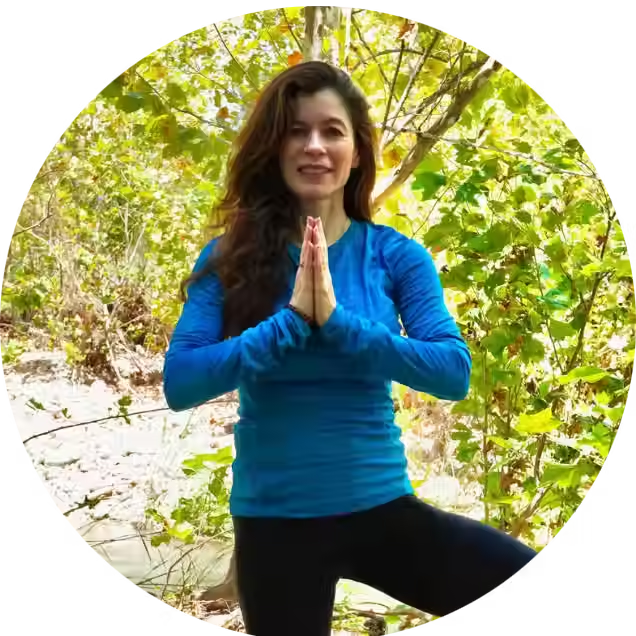Returning to What’s True, Part IV - Reading Poetry as a Meditative Practice
- Lane Igoudin
- Jul 18, 2021
- 3 min read
Updated: Sep 30, 2021
Poetry is a realization of something timeless. A particularly powerful poem can go for the jugular, cut to the core, evoke a long-suppressed memory, or a feeling that cannot be named, but only experienced.
A simple act of reading poetry can help us become aware of our intention, our relationship to G-d, the world, and ourselves.
The history of Jewish poetry is as old as Jewish history itself. From “Song at the Sea” (‘Shirat ha-Yam’) and “The Song of Songs” (‘Shir ha-Shirim’) of the Torah to the psalms and piyyutim (religious poems) of the prayerbooks to the flowering of Hebrew poetry in medieval Spain (Abraham ibn Ezra, Solomon ibn Gabirol, Yehuda Halevi) to the 20th century Jewish poets writing in Russian (Yosif Brodsky, Osip Mandelstam), English (Leonard Cohen, Bob Dylan, Allen Ginsberg, Louise Glück), or Yiddish (Jakob Glatstein, Peretz Markish) to the second flowering of Hebrew poetry in modern Israel (Yehuda Amichai, Hayim Bialik, Dahlia Ravikovitch), it has expressed much of what how we perceive the world and ourselves.
In this post, I’d like to combine a particular practice I learned on poetry meditation retreats with the Vipassana (Insight) meditation teacher Phillip Moffitt with some elements of literary analysis that I use when teaching critical reading to my students.

Direct meaning vs. inferred meaning vs. reaction
When reading poetry, information and communication are secondary to the experience itself. It is essential to separate the content of the poem, direct (step I) and indirect (step II), from your reaction to it (step III). Take for instance, a 10-word haiku by Ryokan, an 18th century Japanese poet.
The thief left it behind:
the moon
at my window
Its direct content would be the summary of events that happen in this short piece – a thief apparently stole Ryokan’s possessions from his house. He didn’t steal the moon.
The indirect, inferred meaning is subject to multiple interpretations. For some, the moon is a common metaphor among Zen poets like Ryokan, representing equanimous enlightened awareness. That, unlike worldly possessions, cannot be stolen. The thief is reduced to an insignificant criminal, collector of junk, blind to the truth.
For others, Ryokan’s home itself might be seen as a metaphor of clinging to possessions, to his ego, and once they were gone, it opens Ryokan’s eyes to finally see the Moon, the timeless reality. Here the ‘thief’ is a metaphor of a dharma teacher or divine force that presents Ryokan with a priceless gift.
While the interpretive possibilities of what this 10-word poem infers are numerous, the third part of the analysis – the reader’s self-reflexive response – is entirely, authentically individual. It’s this part that turns the reading experience into a meditation.
Let’s start with a short meditation before reading so as not to rush into it. You might want to read the poem out loud, once or twice, to embody the words. Setting aside your rationalizing, explicating, analytical mind, let us consider together the following questions:
While you were reading the poem, how did it make you feel?
What imagery did it bring up within you?
Did you feel an emotional reaction somewhere in your body? If so, where? How would you describe it?
Did it remind you of someone, something, or of a past experience?
Is there a lesson, a piece of wisdom or advice that you intuitively felt while reading it?
What kind of sensation did this poem leave you with?
Not all questions might elicit answers, and that’s fine. For me, for instance, the appearance of the moon in the second line felt both like a vision of something immense outside, echoed by an opening within, a cooling, centering sensation. It might have been the stable awareness of reality, as mentioned above, or the vision of ‘m’kor chayim’ (source of life) as in ‘ki imcha m’kor chayim b’orcha nireh or’ (‘For with you is the source of light. In your light we see light’ Psalm 36: 9-10) which I recite every morning. Whether awareness and source of life are one, or separate, I do not know. What I do know is that thanks to this poem, I felt its presence outside of me, yet also as something I can join with or remain separate. That sensation stayed on long after the reading was over.
See below a sampling of meditative poems, and keep on reading!
Yehuda Amichai “A Child Is Something Else Again”
Jacob Glatstein “Small Door of a Dream”
Yehuda Halevi “Where Will I Find You”
Joy Harjo “For Keeps”
Linda Hirshfield “Metempsychosis”
______________________________________________________________________________
Lane Igoudin, M.A., Ph.D., is professor of English and linguistics at Los Angeles City College. He regularly blogs for Applied Jewish Spirituality and produces Blessing the Sea, a monthly newsletter on Jewish mindfulness. For more information, please visit his website.



